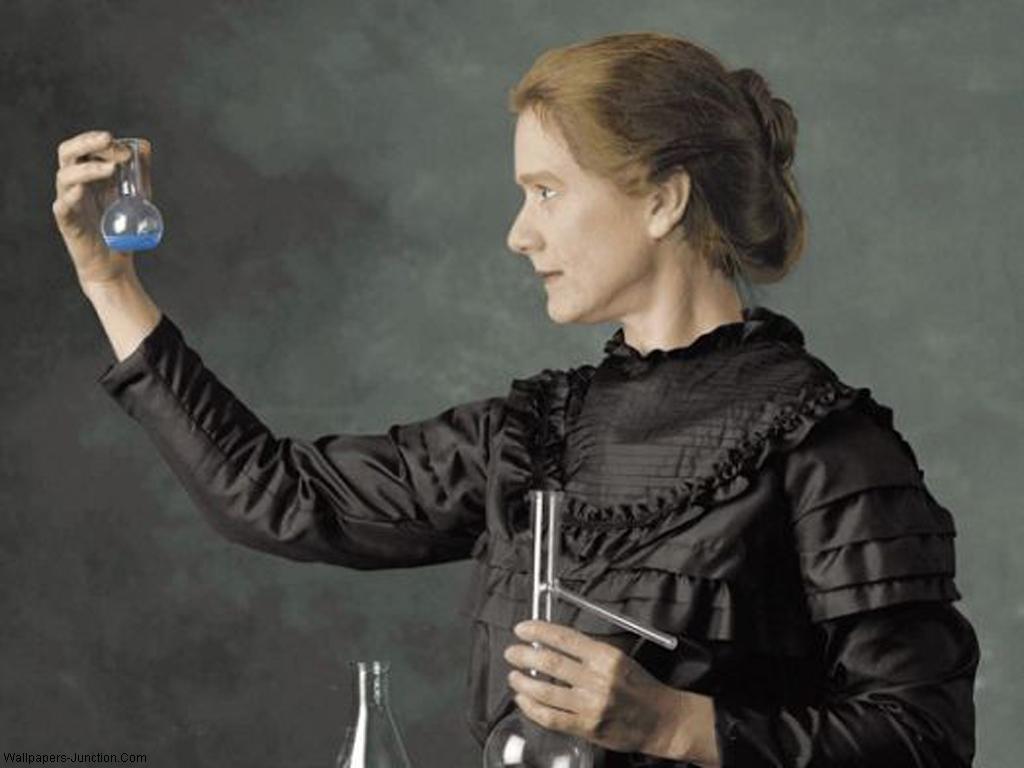In 1903, Marie Salomea Skłodowska Curie, a Polish born and naturalized-French physicist and chemist became the first woman to win a Nobel Prize.
She is also the first and only person to win the Nobel Prize in two scientific fields, the only woman to win the Nobel Prize twice and sharing the prize with Pierre Curie, her husband, and with physicist Henri Becquerel, she and Pierre were also the first married couple to win the Nobel Prize.
The shared 1903 Nobel Prize was in Physics, for developing the theory of “radioactivity”— a word she coined. Then in 1911, Madame Curie (as she was also known) won the Nobel Prize in Chemistry for her discovery of two elements Polonium (named after her native country) and Radium. During World War I she developed mobile radiography units to provide X-ray services to field hospitals and she later founded the Curie Institutes in Paris and in Warsaw – centers of scientific research.
Marie Curie died on July 4, 1934, from aplastic anemia, the result of her exposure to the radiation she had devoted her life to researching.


